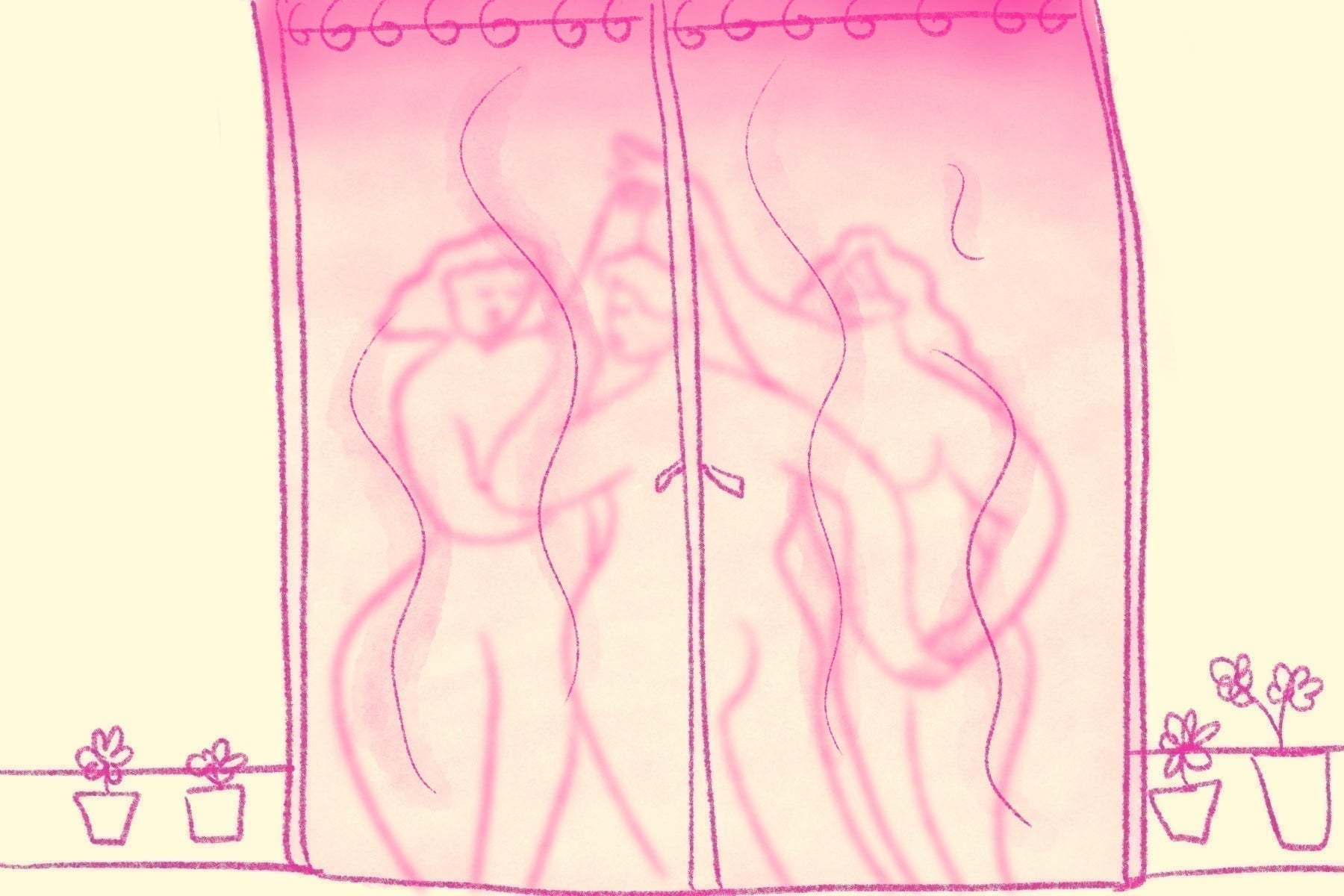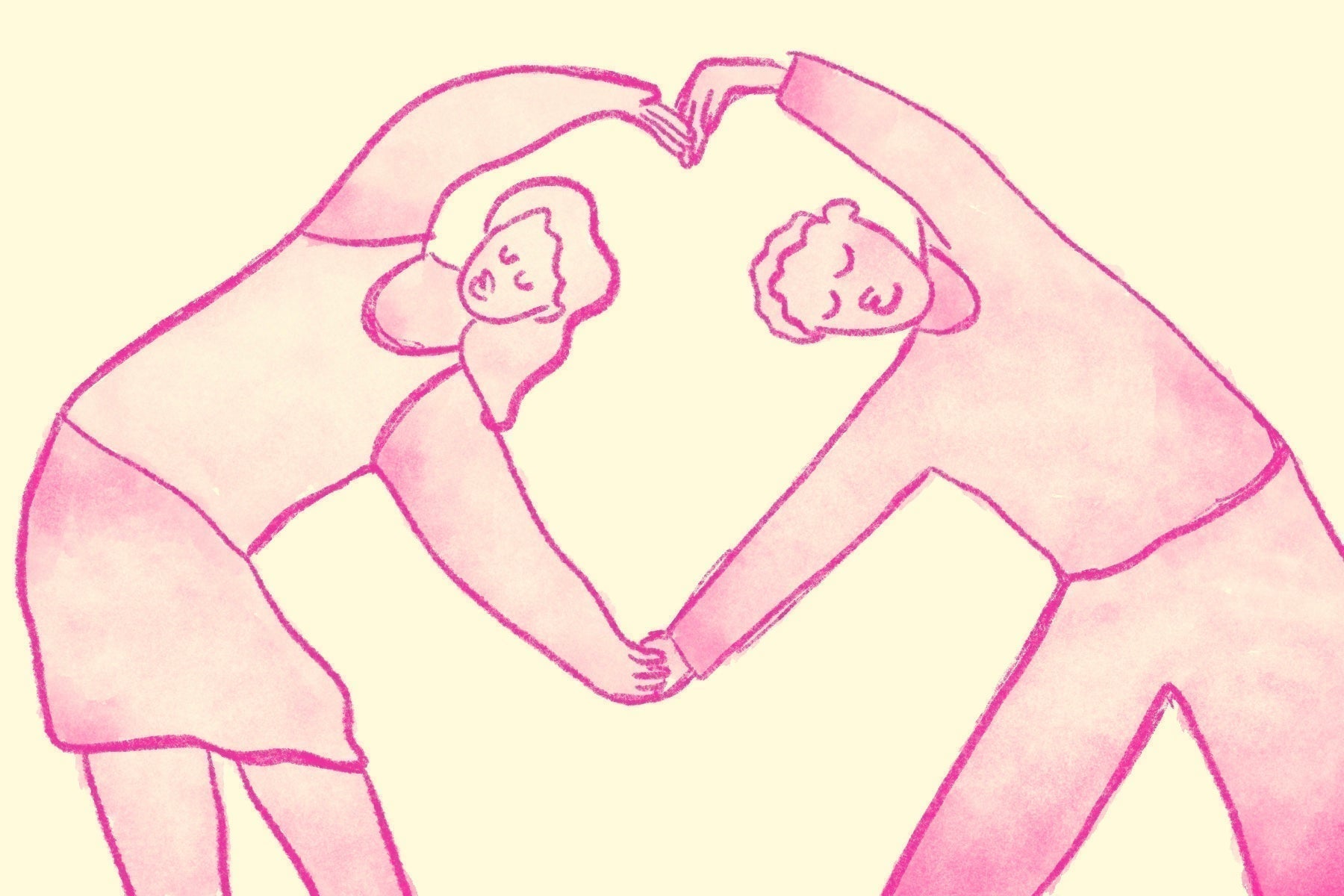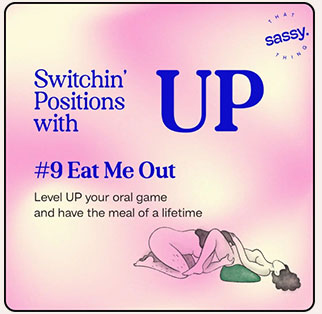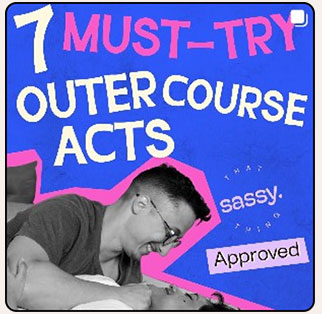Your cart is currently empty
Why Child Marriages Continue to Be a Problem in 2021
Why Child Marriages Continue to Be a Problem in 2021
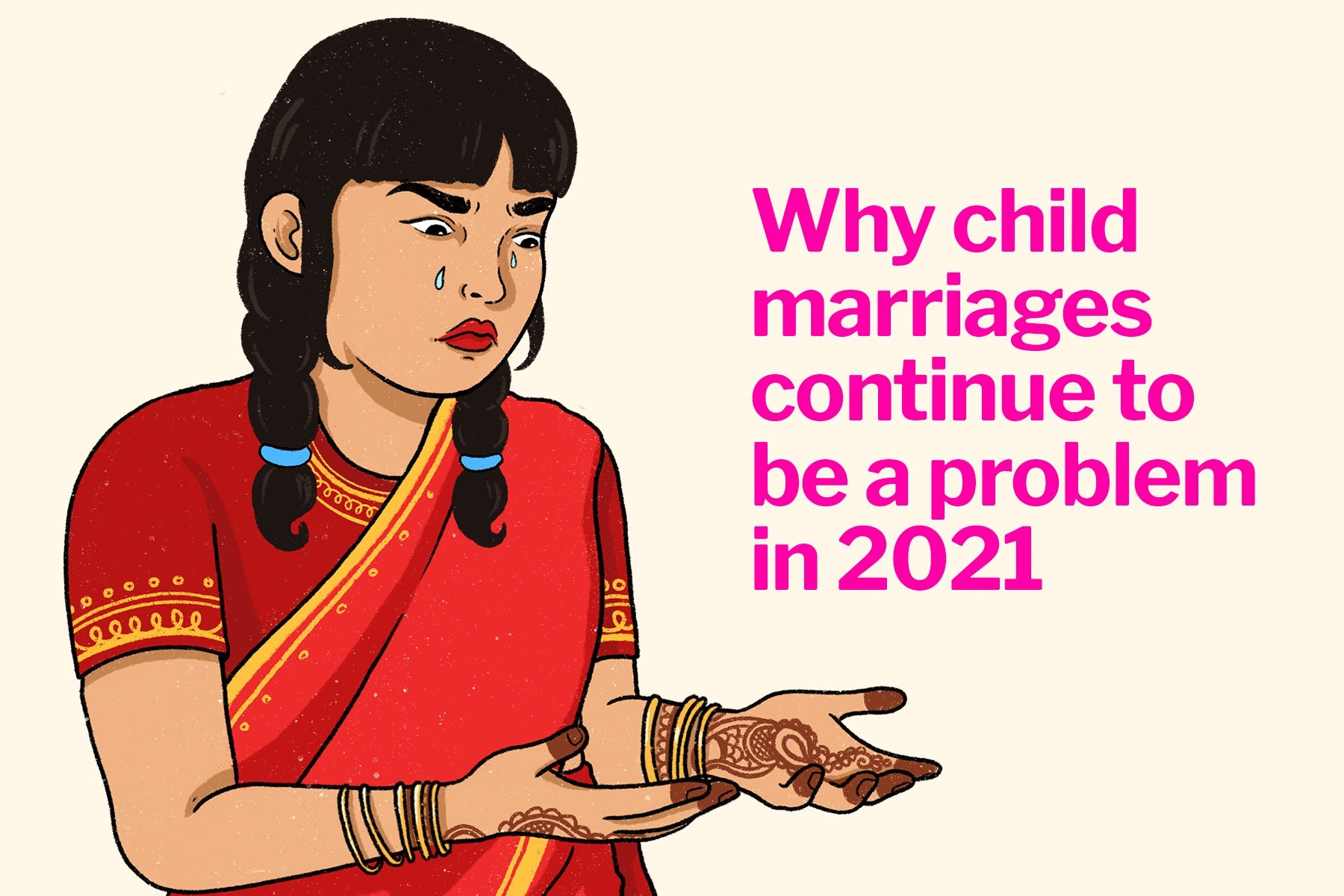
It’s 2021 and if the aliens were to invade us, they would see 2 different worlds. On the one hand, the performative stage of online discussions, wherein we are debating the importance of calling ourselves feminists. On the other hand are newspaper reports about how child marriages can now be registered in Rajasthan. This news arrives at the heels of the state assembly passing a bill that allows marriages between brides below the age of 18 and grooms below the age of 21 to be registered within 30 days of its occurrence. Oddly, this is despite child marriages being illegal in the state as well as the country under the Child Marriage Restraint Act a.k.a. Sharda Act.
Defending this provision, the ruling party of the Rajasthan government said that allowing the registration of child marriages will help local bureaucracy to crack down and act on these legally-forbidden marriages. But then the question remains… If it is illegally conducted, why would anybody volunteer the information to be registered? Only to face administrative action?
These logically-bizarre happenings go on to prove that as we struggle to make resources accessible to everyone in the face of a pandemic, climate crisis and rising concentration of wealth in the hands of a few, menstruators and people with uteruses (who typically identify with marginalized genders) face the most brunt.
For instance - last year, before the lockdown, at a college in Bhuj, Gujarat, 68 young womxn were forced to strip to prove that they were not menstruating so that they may gain access to the kitchen. A whole year and an unending pandemic later, the National Crime Records Bureau has reported a 50% increase in child marriages vis-à-vis their records from 2019.
In another blow to India’s movement for gender equality and the protection of child rights, the Punjab and Haryana High Court declared that child marriages would be considered valid for lifetime if the child-bride, upon turning 18, did not file for the union to be annulled.
This begs the question that if young menstruators and those assigned female at birth never have access to comprehensive sex and reproductive health education or the vocabulary to express their discomfort with social norms regarding gender & sexuality, if they never have access to safe spaces where they may question the norms that have been imposed on them, then how can the onus of annulling a marriage that they were forced into as children, be on them?
In a country where we continue to consider AFABs as ‘paraya dhan’, as belonging to the houses of the men they marry to, financial stress on their birth-families will likely continue to lead to their being married off prematurely, and in a manner that aligns with cis-heteronormativity. After all, cis-heteronormative marriages are the only civic unions that the governments continue to recognize in the face of medical decisions, wealth distribution, and right to shelter. With such limited scope in the law, can we really blame the parents of those assigned female at birth for finding ways to help their children continue to survive in whatever manner possible?
Instead of yet another prohibitive law, the way to tackle child marriages is to abolish the systems that serve as fertile ground for it in the first place. Recognizing caregiving structures beyond the traditional familial and marital systems, thereby validating chosen families, common-law partnerships, and other forms of communing/ cohabitating, is an important step towards eradicating the hegemonic stronghold of marriages.
For those of you who are married, I ask: do you always find yourself turning only towards your spouse? For all your needs of emotional intimacy, financial support, social sustenance, mental well-being? How about sexual needs (hint: you don’t always have to and it is a-ok to solo-play even when you’re partnered. Moreover, your partner could be asexual and imposing your sexual needs on them is unfair). Or do you turn towards your friends, siblings, employers, colleagues, neighbours, mentors/guides/teachers as well? If not, what is stopping you from accessing care, love and attention from these relationships?
For those of you who aren’t married, have you considered the pros and cons of this legally-sanctioned civic union? Do you find yourself worried about marital rape still being as widely prevalent as anecdotal data points indicate? Are you queer and wondering if you can ever find a fulfilling partnership that is socially-accepted as well? What are the ways in which you feel unsupported? Where do you find the support and care when you need it?
Now consider if a child is permitted and allowed the agency and volition to make such decisions for a lifelong civic contract. How may we support them to make an educated decision with respect to such relationships? What sort of explorations will they need to undertake before they can locate themselves in such a relationship without feeling violated or unseen?
----------
About the author:

Tejaswi is a media professional and researcher focused on pleasure & joy in areas of public health. Their attention is captured by post-colonial human relationships at a time of the Internet of Things.
Tejaswi is autistic and identifies as queer in more ways than one.
Explore our Products
 LIT Suction Massager
LIT Suction MassagerLIT Suction Massager
Suction massager that feels like oral play
₹ 2,999.00 Sale price₹ 4,199.00 Salty Wand Massager
Salty Wand MassagerSalty Wand Massager
Mini external wand massager that packs a punch
₹ 1,520.00 Sale price₹ 3,799.00
Read our
Guides for you
The absolute best guides for upscaling your bedroommagic, curated just for you on Instagram.




